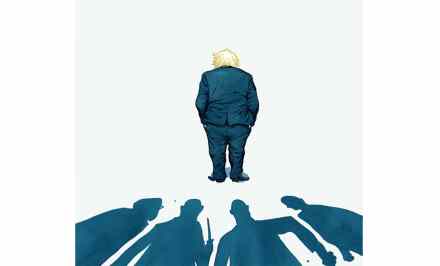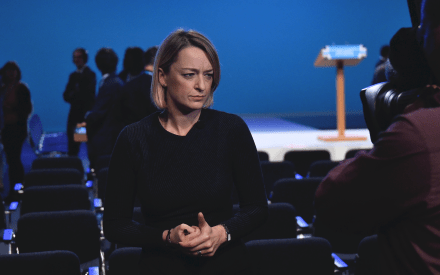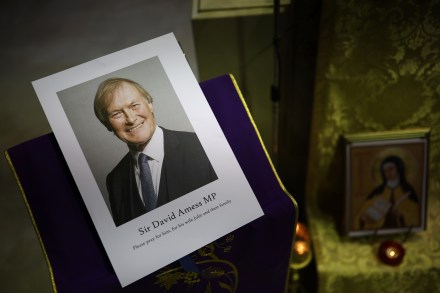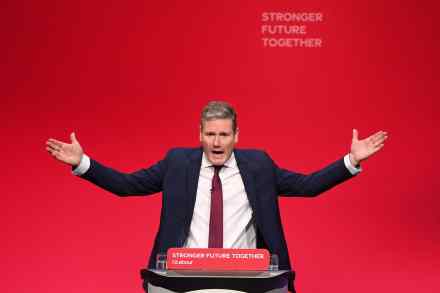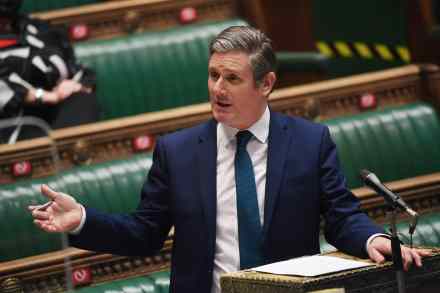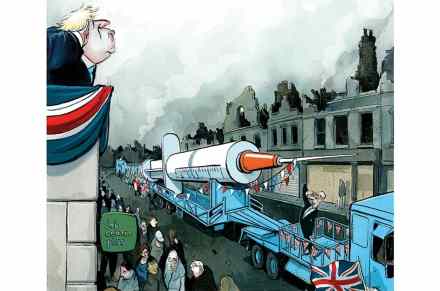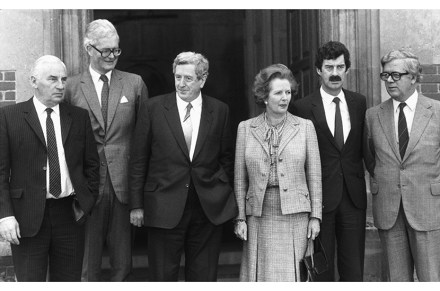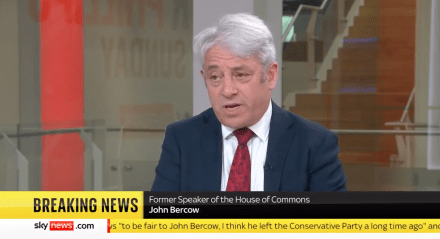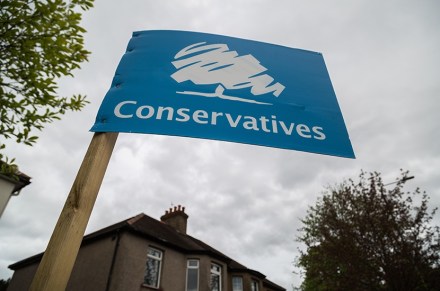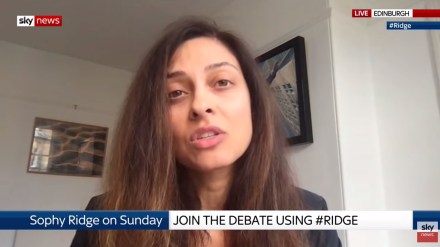Johnson’s liaison committee skewering
Boris Johnson didn’t enjoy his two hours in front of the Liaison Committee this afternoon, and not just because he was asked repeatedly about his handling of the Tory sleaze row. He also struggled with questions about what his government was up to more generally, and appeared at times exasperated with the select committee chairs who asked them. Having spent the past couple of months riffing on Kermit the Frog’s mantra that ‘it’s not that easy being green’, it seemed Johnson was starting to realise that it’s also not that easy being Prime Minister. There is just so much to do, after all. Perhaps his workload was the reason Johnson was,
